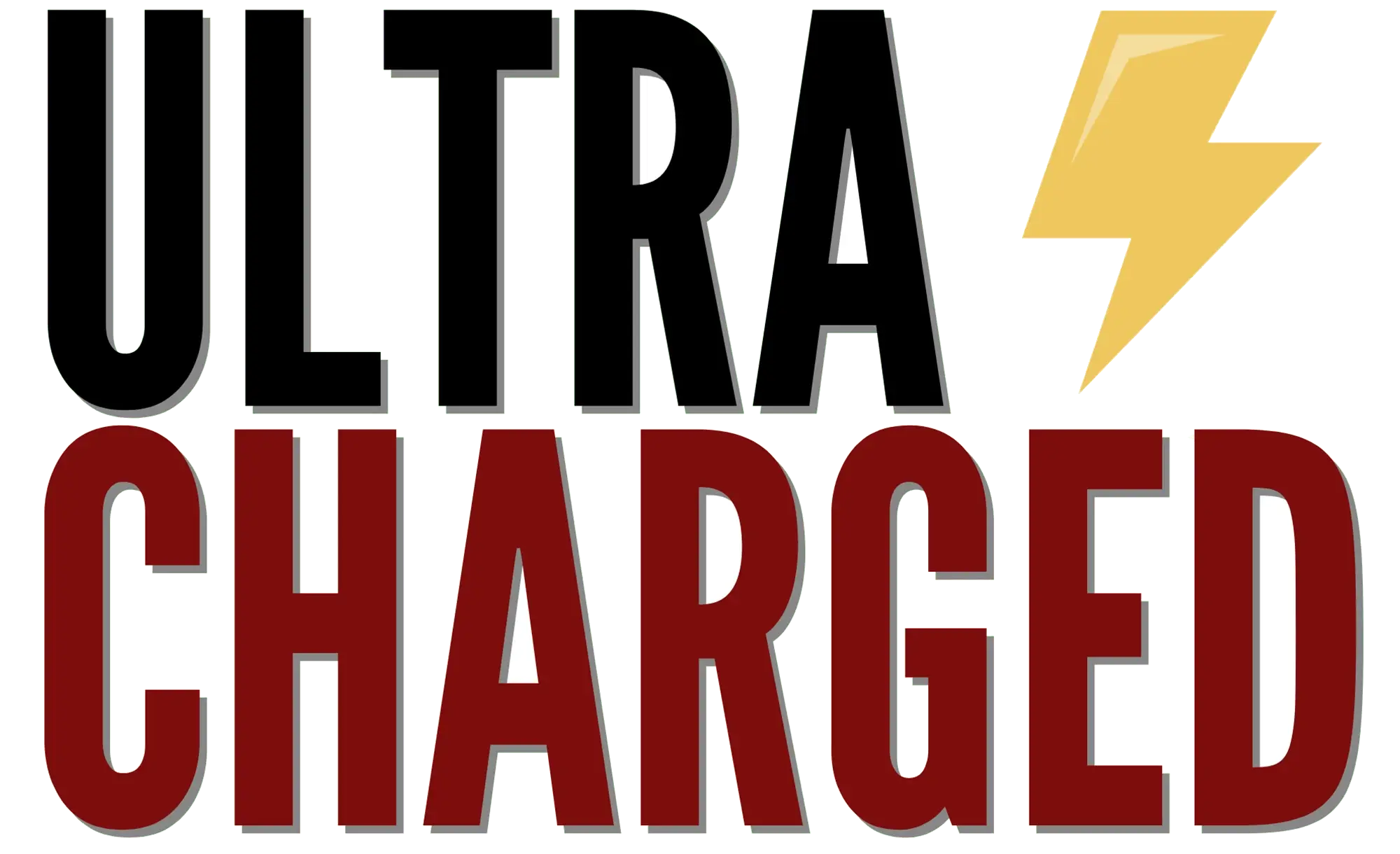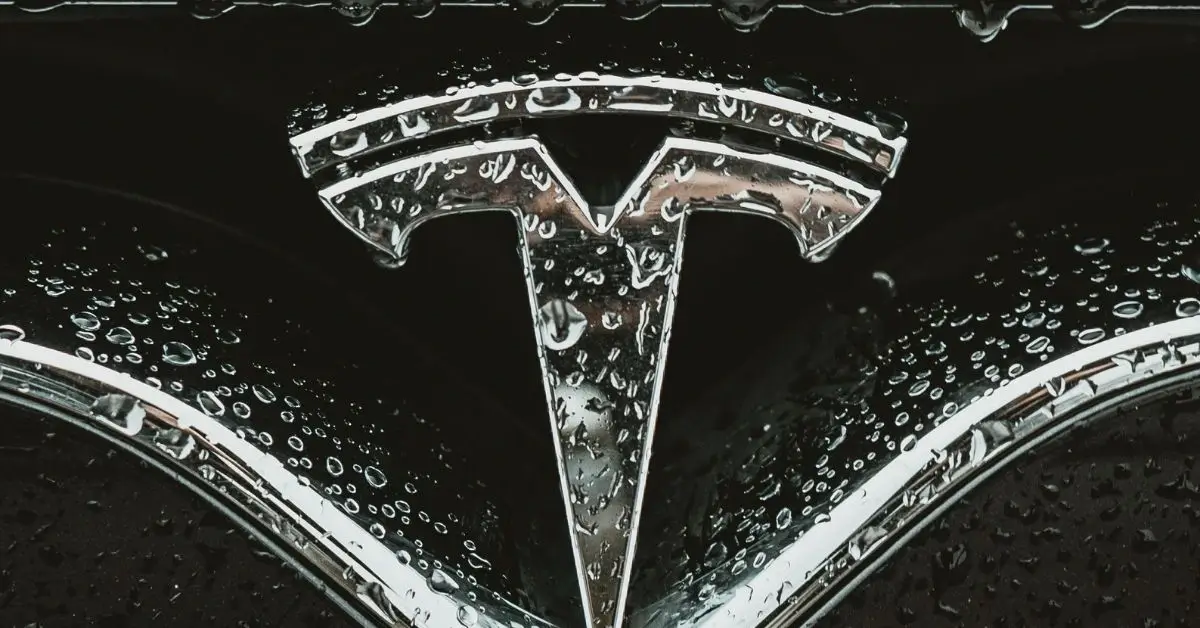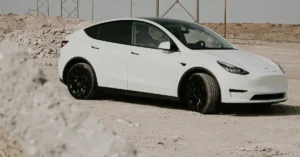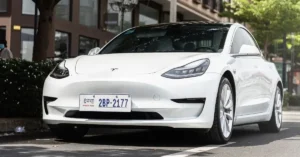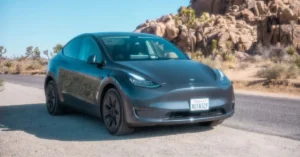Are you considering joining the Tesla family? Deciding whether to invest in a Tesla vehicle involves considering the various Tesla pros and cons. It’s essential to understand the benefits and drawbacks of owning one of these cutting-edge cars. As a Tesla owner, you’ll experience the undeniable advantages of zero emissions and state-of-the-art technology. However, being aware of potential challenges, such as charging infrastructure and maintenance costs, is crucial. By carefully weighing these factors, you can make the most informed decisions about your experience and truly enjoy the excitement of driving a Tesla.
Table of Contents
Owning a Tesla means embracing a lifestyle change that’s both eco-friendly and technologically advanced. With growing concerns about climate change and air pollution, Tesla cars have become increasingly popular for their potential to lower our environmental impact.
However, it’s important to remember that Tesla ownership also comes with unique challenges. To ensure that you’re making the right choice for your lifestyle, it’s essential to consider all aspects of Tesla ownership and be prepared to adapt to a different way of driving. By doing so, you’ll join a community of like-minded individuals who strive to positively impact the world while navigating the road with style and confidence.
Key Takeaways
- Tesla vehicles offer eco-friendly, technology-driven driving experiences
- Be prepared to adapt to the challenges of charging infrastructure and maintenance costs
- Make informed decisions by considering all aspects of Tesla ownership
Tesla Pros and Cons: My Review & If It’s Worth it
Pros of Owning a Tesla Car
Environmentally Friendly
One of the most significant benefits of owning a Tesla is its positive impact on the environment. Since Teslas are 100% electric and produce zero tailpipe emissions, you’ll contribute to cleaner air and reduce your carbon footprint. This is an essential advantage for those who value eco-friendly living and want to do their part in combating climate change.
Cost Savings
Another pro of owning a Tesla is the potential for cost savings in the long run. You’ll save money on fuel expenses with no need to purchase gasoline. Furthermore, electric vehicles like Teslas require less maintenance as there are fewer moving parts than internal combustion engines. This means fewer oil changes and tune-ups, ultimately lowering ongoing maintenance costs.
Example Savings:
- Gasoline: $50 per week × 52 weeks = $2,600 yearly savings
- Maintenance: Oil change ($50) x 4 times a year = $200 yearly savings
Total yearly savings of approximately: $2,800
Performance and Speed
Tesla cars are known for their impressive performance and speed, a significant pro for driving enthusiasts. The electric motors provide instant torque, allowing for rapid acceleration and a thrilling driving experience. Additionally, the low center of gravity and weight distribution in Teslas contribute to exceptional handling, making them a pleasure to drive.
Understanding the Tesla Pros and Cons, such as their environmentally friendly nature, long-term cost savings, and stellar performance and speed, can help you make the most of your Tesla ownership experience. Remember to be aware of potential challenges like charging infrastructure and maintenance costs to make the most informed decisions.
Cons of Owning a Tesla Car
For anyone interested in my Tesla-related photos, I’ve created a complete portfolio here ↓ including everything I’ve shared on Twitter over the past ~2 years. Thanks! https://t.co/kNIixYooiq pic.twitter.com/uQXQuipugL
— Matt (@F9Block5) August 8, 2022
Cost
Unfortunately, one of the major cons of owning a Tesla is the initial purchase price, which can be substantially higher than gasoline-powered vehicles. Although the cost of Teslas has decreased over the years, purchasing one requires a sizable investment. Additionally, potential maintenance costs for out-of-warranty repairs can be expensive. As a Tesla owner, weighing these costs against the long-term benefits of owning an electric vehicle is essential.
Range Anxiety
As a Tesla car owner, you may experience range anxiety – the fear of running out of battery power before reaching your destination or the next charging station. Despite the impressive range of Tesla vehicles, long road trips might still cause concern. It’s essential to plan your routes carefully, considering the availability of charging stations and the car’s current charge level, to alleviate range anxiety.
Charging Infrastructure
The charging infrastructure for electric vehicles is still evolving. Although Tesla has made significant strides in setting up Supercharger stations, they may not be as widespread as you would like. Depending on your location, charging your car might require extra effort, meaning finding a nearby charging station could be difficult or time-consuming. As a Tesla owner, it’s essential to consider the charging infrastructure in your area and whether it will meet your needs effectively.
Tesla Model S Pros and Cons
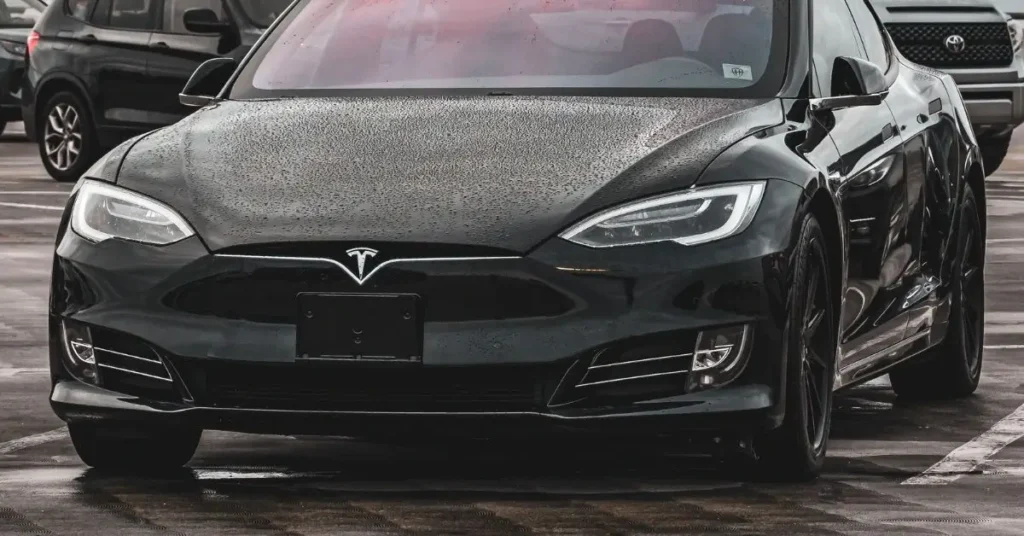
Pros
The Tesla Model S boasts numerous advantages, such as:
- Impressive electric range: With up to 396 miles of range, the Model S offers one of the most extended electric ranges available, allowing you to travel far without worrying about charging stops.
- Quick acceleration: The Model S is known for its swift acceleration, reaching 0-60mph in just under 2 seconds with the Plaid version. This makes it one of the fastest production cars out there today.
- High safety ratings: Safety is always a top priority, and the Model S received a 5-star safety rating from Euro NCAP, ensuring you and your passengers stay safe on your journeys.
- Cutting-edge technology: Tesla’s Model S comes packed with advanced features, like the Autopilot system, which makes driving more enjoyable and stress-free by assisting you with highway traffic, tight corners, and parking.
Cons
While the Tesla Model S offers many advantages, it’s important to consider the potential downsides.
- Charging infrastructure: Although charging networks are expanding, charging points may not be as readily available as traditional gas stations. This could lead to longer trips, as you must plan your route around available charging stations.
- Maintenance costs: Some electric vehicles, including Teslas, can be more expensive to maintain than traditional gas-powered vehicles, so factor in potential maintenance costs when owning a Tesla Model S.
- Size: The Model S is a relatively large, making it more difficult to park or navigate tight city streets.
- Accelerating noise: As reported by some owners, the Model S may exhibit a slight vibration in the front axles during acceleration. While it’s a minor inconvenience, it’s something to be aware of.
Reviews and Opinions on Tesla Cars
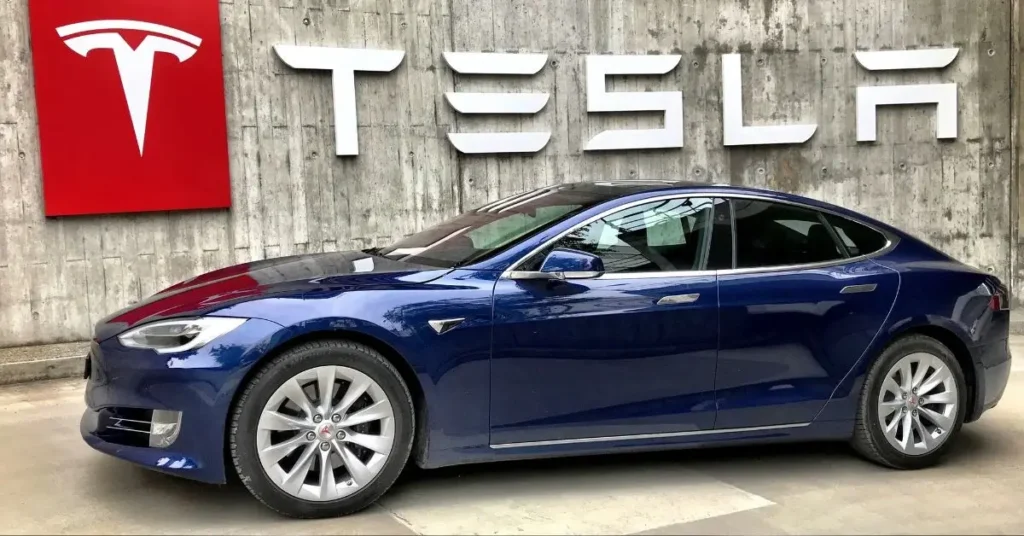
Positive Reviews
Many Tesla owners are genuinely excited about their cars. They rave about their vehicles’ dynamic performance, quick acceleration, and environmentally friendly aspects. Tesla’s Supercharger network has also received praise for its convenience and excellent coverage.
In addition, owners appreciate the cost of operations, as electric vehicles generally have lower maintenance and fuel costs than traditional cars. Finally, the cutting-edge technology and high-quality user experience make driving a Tesla an enjoyable experience.
Some highlights of positive reviews include:
- Dynamic performance: Teslas are known for their quick acceleration and smooth handling on the road.
- Environmentally friendly: Teslas contribute to a cleaner and greener environment with zero emissions and electric power.
- Supercharger network: Tesla offers a comprehensive charging station network, making long-distance travel easy and convenient.
Negative Reviews
While there are many exciting aspects of owning a Tesla, it’s also essential to consider the challenges that come with it. Some owners have reported issues with build quality, such as iffy build quality and imperfections in paint or body panels.
Additionally, the charging infrastructure might not always be sufficient or as convenient as petrol stations, especially in remote or less densely populated areas. Lastly, some owners have experienced delays in receiving parts or services for their vehicles due to the still-growing nature of the company and high demand for electric cars.
Here are some negative aspects shared by Tesla owners:
- Build quality issues: Some owners have reported imperfections in the paint, body panels, and overall build quality.
- Charging infrastructure: While the Supercharger network grows, it might not be as convenient in specific locations.
- Service delays: Warranty and repair services can take longer than expected due to high demand or limited parts availability.
Advice on Buying a Tesla Car
When considering the Tesla Pros and Cons, it’s essential to weigh both the incredible benefits and the potential challenges of owning a Tesla. As an excited potential Tesla owner, you’ll want to dive deeper into your needs and preferences to determine if a Tesla car is a perfect choice for you.
Consider Your Needs
Consider your driving habits, commute, and how often you plan to use your Tesla. Electric vehicles, especially Tesla cars, have impressive performance and swift acceleration. However, charging infrastructure in your area might be limited, so take the time to research the locations of charging stations and how convenient they are for you. Also, pay attention to the availability of parking spaces with charging capability, especially if you live in an urban area.
As a technology enthusiast, you’ll love the cutting-edge features that come with a Tesla. The autopilot function, over-the-air software updates, and sleek design are all hallmarks of the Tesla experience. However, with any new technology, potential maintenance costs cannot be as well-defined as with traditional cars.
Evaluate your budget and plan for the car’s sticker price and insurance costs, charging equipment, and potential repairs. Remember that while you’ll save on gas, you might find yourself paying more for electricity usage. Calculate the financial and environmental benefits of driving a Tesla by comparing them to your current situation.
Lastly, consider the range of the specific Tesla model you’re considering purchasing. Different models offer various distances on a single charge, so consider which one best meets your driving needs. By focusing on your unique circumstances, you can make the most informed decision about owning a Tesla and ensure a fantastic experience for years.
FAQ:
Is A Tesla a reliable car?
Tesla’s reliability has been mixed, with some surveys showing above-average reliability and others showing below-average reliability. Consumer Reports named the Tesla Model S the most excellent car its testers have ever driven in terms of overall performance, but owner surveys have shown below-average reliability.
Does Tesla have an advantage?
Tesla has several advantages over other automakers, including its battery technology, charging infrastructure, direct-to-consumer sales model, software updates, and brand recognition.
How long do Tesla cars last?
Tesla cars are expected to last for at least 200,000-400,000 miles before requiring a new battery module due to degradation, which equates to approximately 13-27 years of service based on an annual mileage of 15,000 miles per year.
If you liked this blog article about the topic: Tesla Pros and Cons, don’t forget to leave us a comment down below to tell us about your experience.
